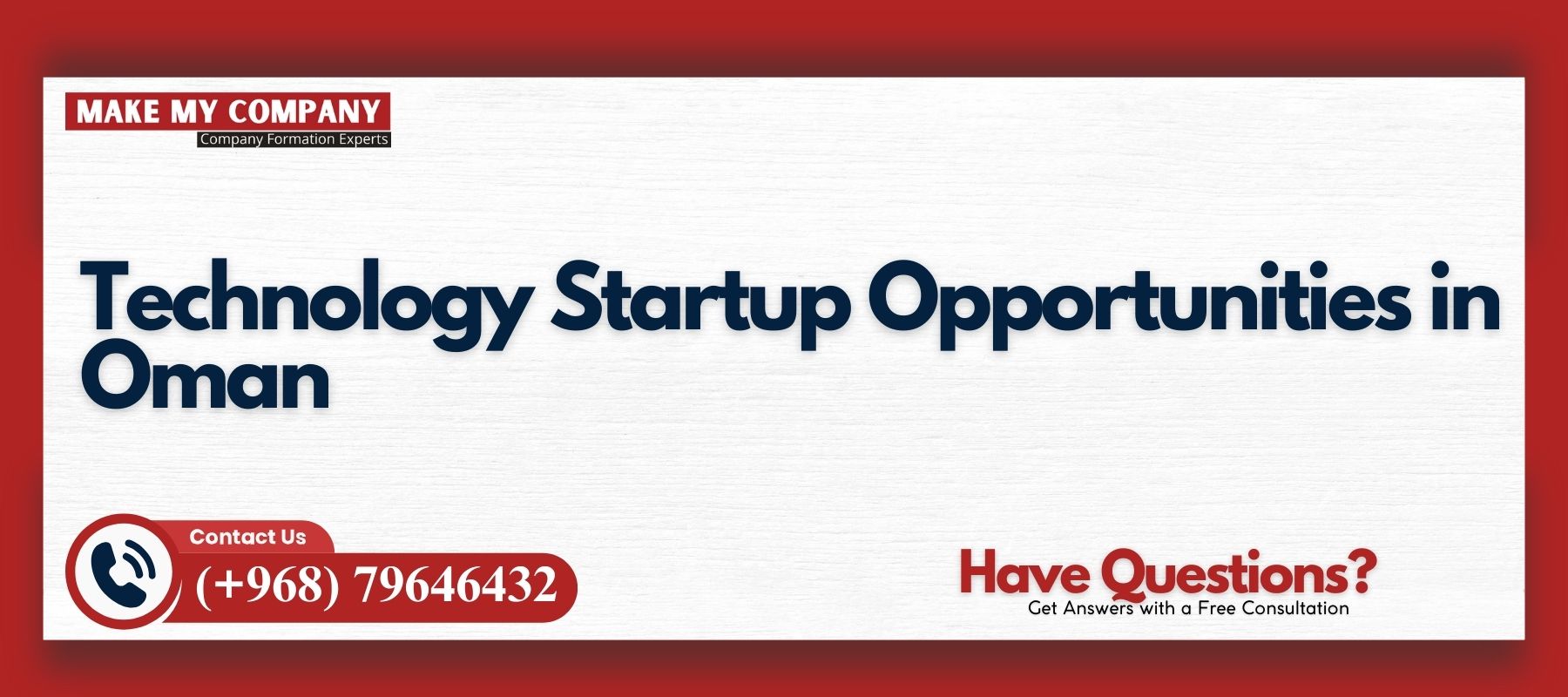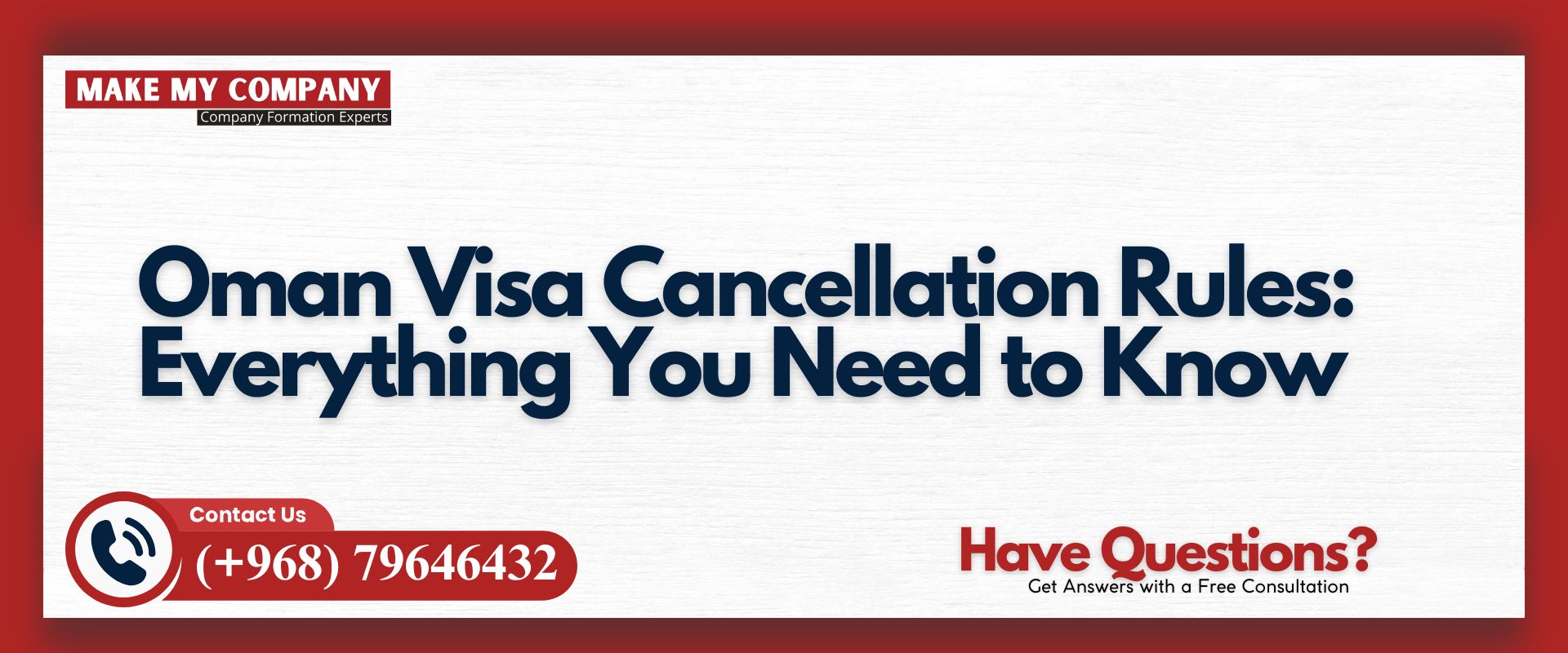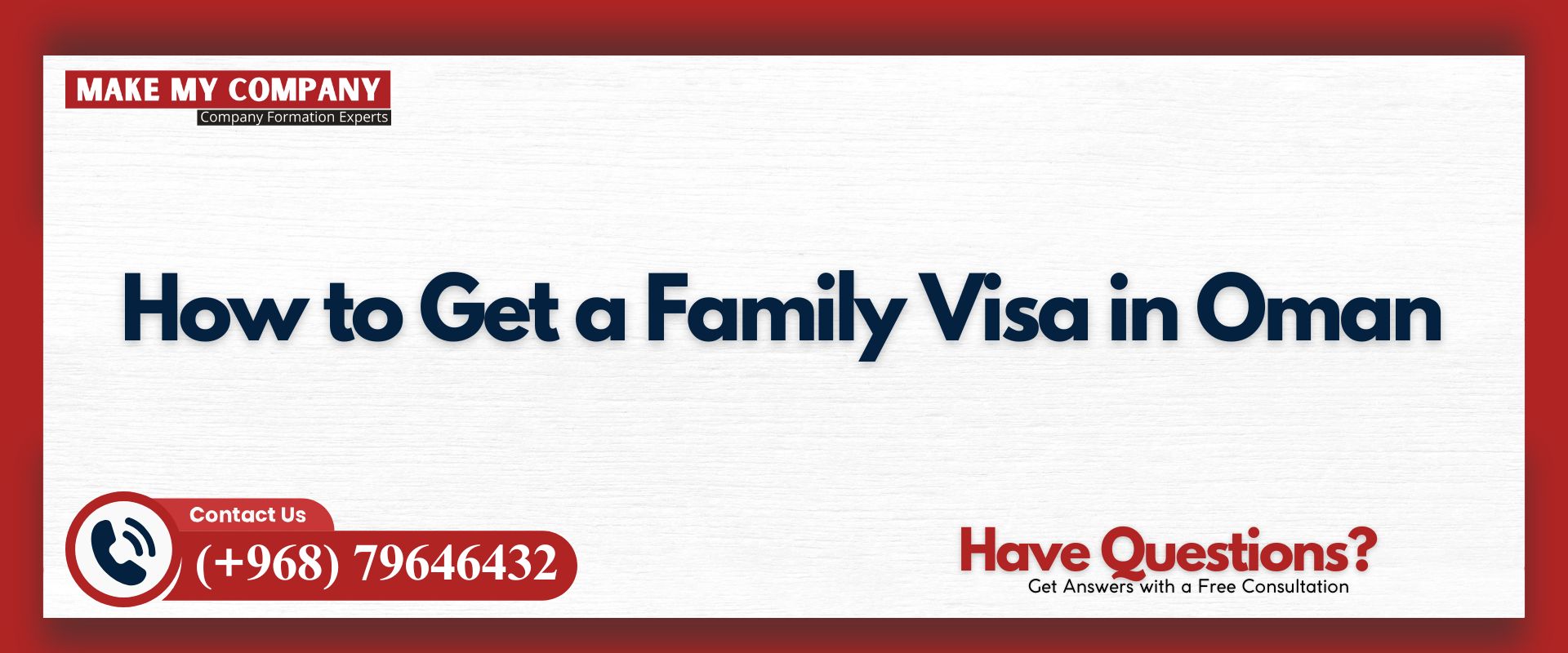Oman is steadily emerging as a strong and reliable destination for technology startups in the Gulf region. Backed by clear economic vision, government-backed digital reforms, and growing demand for tech-driven solutions, the country offers a supportive environment for founders, investors, and innovators. From artificial intelligence and fintech to SaaS platforms and smart infrastructure, Oman is building an ecosystem that balances innovation with regulatory clarity.
This guide explores technology startup opportunities in Oman, covering the ecosystem, high-growth sectors, legal requirements, funding options, challenges, and practical steps to build and scale a tech business successfully.
Table of Contents
Understanding Oman’s Technology Startup Ecosystem
Oman’s startup ecosystem has evolved rapidly over the past few years, driven by digital transformation initiatives, infrastructure development, and a focus on private-sector participation. Startups benefit from a structured environment that supports innovation while maintaining regulatory discipline.
Digital Transformation and Infrastructure Growth
Oman has invested heavily in digital infrastructure, cloud adoption, smart government services, and broadband connectivity. These improvements create a strong foundation for startups building digital products, platforms, and services that rely on stable and scalable technology.
Growing Support for Local and Foreign Entrepreneurs
Both local founders and international entrepreneurs are encouraged to innovate in Oman. The regulatory environment supports foreign ownership in many sectors, while incubators and funding programs help early-stage startups move from concept to market.
National Vision and Its Role in Startup Growth
The country’s long-term economic strategy places technology and innovation at the center of sustainable growth. This approach directly benefits startups operating in emerging and high-impact sectors.
Focus on Innovation and Economic Diversification
Oman’s national development strategy promotes diversification beyond oil and gas, encouraging investments in technology, renewable energy, digital finance, cybersecurity, and advanced manufacturing. Startups aligned with these priorities find stronger institutional support and market demand.
Alignment with Global Technology Standards
Regulatory frameworks are increasingly aligned with international best practices, allowing startups to build products that are competitive not only locally but also across regional and global markets.
Government Bodies Supporting Technology Startups
Several public institutions actively support the growth of technology startups through funding, regulation, and ecosystem development.
Role of Key Government Authorities
The Ministry of Commerce, Industry, and Investment Promotion (MoCIIP) oversees company formation, licensing, and commercial regulations.
The Oman Technology Fund (OTF) provides venture capital, seed funding, and growth-stage investment for scalable startups.
Innovation Park Muscat (IPM) serves as a research and development hub, offering incubation, collaboration, and infrastructure support.
The Oman Vision 2040 Implementation Unit coordinates national initiatives that accelerate digital transformation and innovation.
These entities work together to ensure startups have access to capital, mentorship, and regulatory clarity.
Why Oman Is Becoming a Technology Startup Hub
Oman’s growing demand for digital solutions, combined with strategic incentives, makes it an attractive base for technology-driven businesses.
Expanding Digital Demand Across Sectors
Government agencies, private enterprises, and consumers are increasingly adopting digital platforms in finance, healthcare, education, logistics, and retail. This demand creates real market opportunities for technology startups offering practical solutions.
Strategic Location and Regional Market Access
Oman’s location connects Asia, Africa, and the Middle East, allowing startups to scale across the GCC and nearby markets with relative ease.
Business-Friendly Tax and Licensing Environment
Free zones and special economic areas offer full foreign ownership, simplified licensing, and operational flexibility, reducing entry barriers for global founders.
High-Potential Technology Startup Sectors in Oman
Oman’s digital economy supports a wide range of startup opportunities across multiple technology verticals.
Artificial Intelligence and Automation
AI-driven solutions are gaining traction in healthcare diagnostics, logistics optimization, financial analytics, and energy management. Startups focused on automation and data intelligence are well positioned for growth.
SaaS and Cloud-Based Platforms
Small and medium-sized businesses are actively adopting SaaS tools for accounting, HR management, customer relationship management, and operations. Cloud-based platforms that address local business needs have strong market potential.
Internet of Things and Smart Solutions
IoT applications in smart cities, ports, logistics, and industrial automation align closely with Oman’s infrastructure and development goals.
Fintech and Digital Payments
The fintech sector continues to expand, with growing interest in digital wallets, payment gateways, compliance tools, and blockchain-enabled services.
Healthtech and Edtech
Digital healthcare platforms, telemedicine solutions, online education tools, and learning management systems are gaining acceptance as part of broader digital adoption.
Legal and Licensing Framework for Tech Startups
Technology startups must comply with Oman’s licensing and regulatory requirements, which vary depending on the business model and sector.
Mainland Company Registration
Registering through the Ministry of Commerce, Industry, and Investment Promotion (MoCIIP) allows startups to operate across Oman. Certain sectors, such as fintech and healthtech, may require additional approvals from regulators like the Central Bank of Oman or the Ministry of Health.
Free Zone Licensing Options
Free zones such as Knowledge Oasis Muscat and Duqm Special Economic Zone offer benefits including full foreign ownership, customs exemptions, and simplified visa processing, making them attractive for international founders.
Step-by-Step Process to Start a Tech Startup in Oman
Launching a technology startup becomes straightforward when approached systematically.
Market Research and Feasibility Planning
Start with detailed research on customer demand, competitors, and regulatory requirements to validate the business idea.
Selecting the Right Legal Structure
Choose between an LLC, free zone entity, or branch structure based on ownership goals, investment size, and expansion plans.
Trade Name Reservation and Registration
Trade names must be approved and registered through the Ministry of Commerce, Industry, and Investment Promotion (MoCIIP).
Licensing and Regulatory Approvals
Depending on the sector, approvals may be required from bodies such as the Telecommunications Regulatory Authority or the Central Bank of Oman.
Final License Issuance and Operations
Once approvals are completed, the business license is issued, allowing the startup to begin operations legally.
Funding and Incubation Opportunities in Oman
Oman’s funding ecosystem is steadily maturing, offering multiple options for startup growth.
Government-Backed Funding Programs
The Oman Technology Fund (OTF) plays a central role in financing early-stage and growth-stage startups.
Incubators and Innovation Hubs
Innovation Park Muscat (IPM) provides incubation programs, R&D collaboration, and access to academic and industry networks.
Regional and International Investment
Oman’s investor-friendly policies attract venture capital firms and private investors from across the GCC and beyond.
Challenges Faced by Technology Startups
While opportunities are strong, startups must prepare for certain challenges.
Operational and Setup Costs
Initial costs related to licensing, skilled talent, and infrastructure can be high for early-stage startups.
Talent Availability
Although the local talent pool is improving, many startups still rely on foreign specialists, increasing recruitment and visa expenses.
Regulatory Complexity in Specialized Sectors
Fintech, healthtech, and telecom-related startups often face longer approval timelines due to multi-layered regulatory oversight.
Best Practices for Startup Success in Oman
Strategic planning and local understanding significantly improve the chances of success.
Building Strong Local Partnerships
Collaborating with Omani businesses, universities, and institutions helps startups gain credibility and market access.
Designing for Regional Scalability
Products should be built with scalability in mind, allowing expansion into GCC and international markets.
Leveraging Free Zones and Incentives
Free zones provide cost-efficient entry points and operational flexibility for global founders.
Staying Compliant with Regulations
Regular updates from the Ministry of Commerce, Industry, and Investment Promotion (MoCIIP), Central Bank of Oman, and Telecommunications Regulatory Authority help startups remain compliant.
Outlook for Technology Startups in Oman
Oman’s technology ecosystem continues to mature as innovation becomes a core economic driver. With sustained government support, increasing private investment, and rising digital demand, the country is well positioned to become a regional technology hub. Startups that align with national priorities and focus on scalable solutions are likely to see long-term success.
Conclusion
Technology startups in Oman benefit from a balanced ecosystem that combines innovation, regulation, and opportunity. With strong government backing, growing digital adoption, and access to regional markets, Oman offers founders a practical environment to build and scale tech-driven businesses. Careful planning, compliance, and strategic partnerships remain the keys to success.
FAQs
Are there free zones in Oman for startups?
Yes, Oman has several free zones that offer incentives such as full foreign ownership and simplified licensing.
Can foreign founders fully own tech startups in Oman?
Foreign ownership is allowed in many sectors, especially within free zones, subject to regulatory approval.
Which technology sectors perform best in Oman?
Sectors such as SaaS, fintech, AI, healthtech, and IoT show strong growth potential.
Is Oman tax-friendly for startups?
Oman has a competitive tax regime, with additional incentives available in free zones.
How do startups confirm VAT obligations?
Businesses should consult the Oman Tax Authority to determine VAT registration and exemption requirements.









